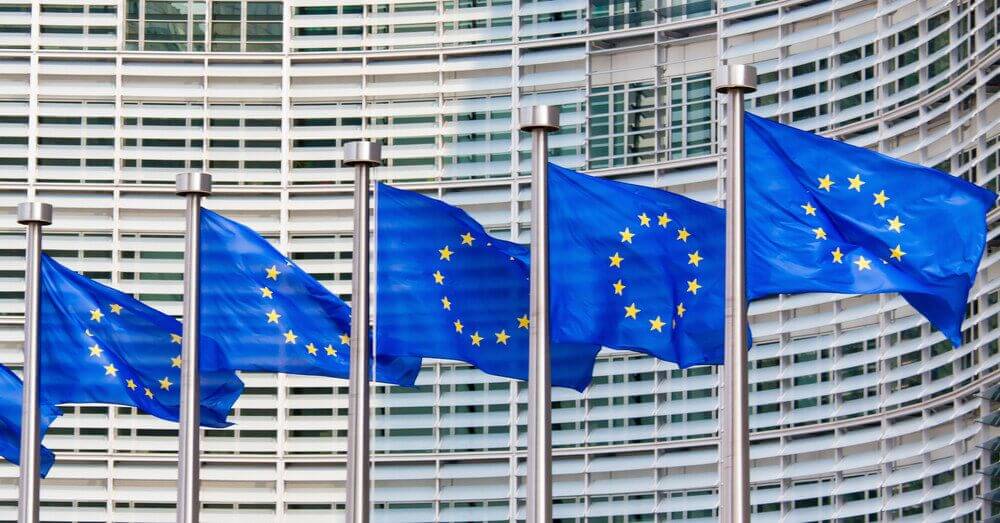
The European Union is planning to present an updated set of crypto rules which may make operations more difficult for stablecoin projects
The European Union is set to release an updated set of cryptocurrency rules that could make it more difficult for stablecoin projects, like USDT, to operate in the region.
Valdis Dombrovskis, executive vice president of the European Commission for An Economy That Works For People, revealed to attendees of the Digital Finance Outreach 2020 that he believed the EU should take the lead for creating new rules on digital assets.
Dombrovskis said that now is a “good chance for Europe to strengthen its international standing and to become a global standard setter, with European companies leading new technologies for digital finance.”
Last year, the Libra Association sent a petition to the Swiss Financial Market Supervisory Authority (FINMA) regarding obtaining a Swiss payment system license for its planned cryptocurrency. A decision on Libra — widely seen as a competitor to Bitcoin — is expected this year.
Some cryptocurrencies, such as security tokens, are regulated under European law. However, most stablecoins are not.
“Lack of legal certainty is often cited as the main barrier to developing a sound crypto-asset market in the EU,” Dombrovskis said.
Last January, the United Kingdom’s banking regulator, the Financial Conduct Authority (FCA), took over responsibility for monitoring cryptocurrency, anti-money laundering (AML), and counter-terrorist financing. The FCA’s decision is seen as a move to elevate the sector away from the so-called “Wild West” arena that the crypto industry has operated in.
The Governor of the Bank of France, Francois Villeroy de Galhau, has also expressed his belief that central banks, not private companies, should be in charge of issuing and regulating electronic currency.
Amidst the rise in adoption of cryptocurrencies and developments on the Libra project, central banks around the world have looked into developing central bank digital currencies (CBDC) as a modern way to maintain states’ control over money.
Villeroy de Galhau stated that the plans were not inspired by the Libra, but by the speed of the technology as well as a growing desire within some banks to adopt digital currency.
A regulatory watchdog on cryptocurrency will oversee digital assets and consolidate standards for the industry across the continent.
“Later this year, we will present a digital finance strategy for Europe to make the most out of digital finance and compete globally, removing more regulatory barriers between countries, while ensuring adequate supervision,” Dombrovskis said.

